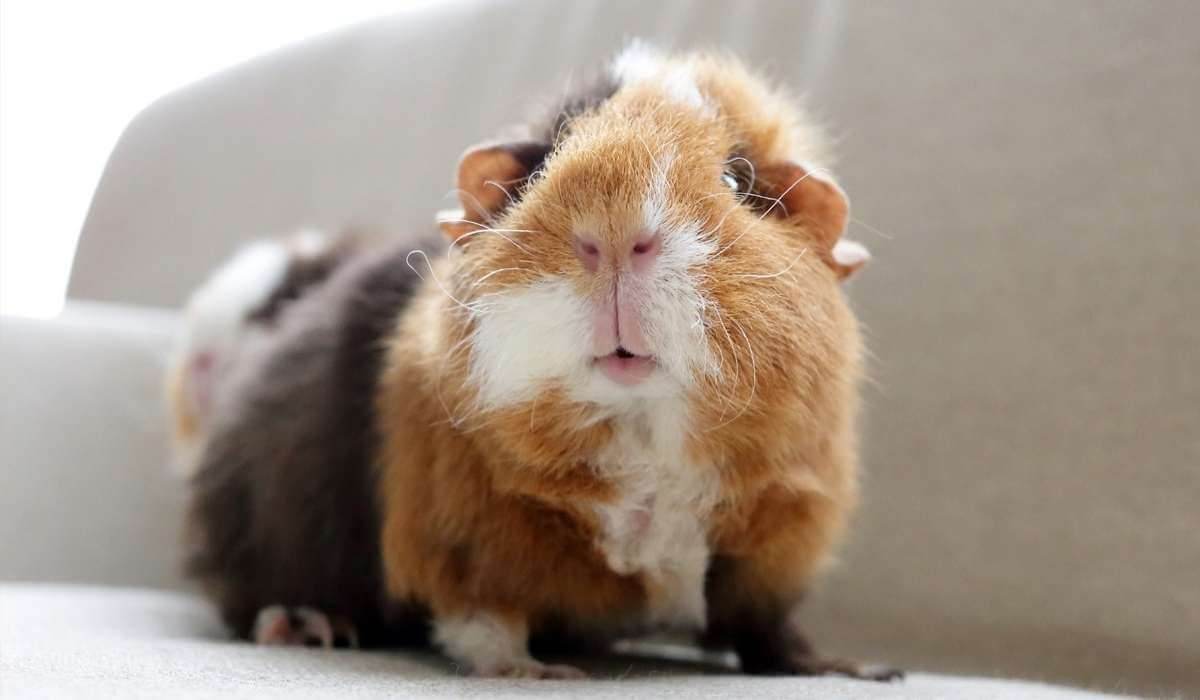There's no denying that pets play very impawtant roles in our lives, and as such, it is essential to know which pets best suit your lifestyle, your home, your family, and your capabilities. Contrary to popular belief, small pets are not necessarily the best "starter pet pack" as their specific needs and maintenance may be overlooked due to their smaller size.
Don’t Expect the Task to Match the Size Smaller animals are often associated with a child’s first pet, with the idea to introduce them to the responsibilities, care, and love that come with looking after another life. While this may sound like a great idea at first, some small animals come with greater responsibilities than one might realise, so it's important to know how to properly care for them.
Some things to research before introducing a small pet to your life:
General care: Be sure to give them the proper diet, a clean and dry habitat, enough open space, fresh food and water, safe and stimulating toys, and attention every day. Since they are mostly prey animals, they like to have safe places in which to hide out.
Correct diet: Small mammals in their natural habitat eat a wide range of foods, foraging to satisfy their appetite; most are herbivores who thrive off dark leafy greens and a variety of vegetables and fruit. Be sure to check which are safe for your little one.
Interaction: As one might assume, the more quality time you spend with your fluffball, the stronger your bond will become. However, not all animals enjoy being handled in the same way, and some may be solitary while others need companions of their own species.
Make the Right, Informed Choice Hamsters Despite their small stature, hammies can have some big and bold, cheeky personalities that are impossible not to love. However, some may not want that love in the form of handling and can get aggressive and nippy if handled incorrectly or woken up and irritated, so always approach them slowly and gently.
Also, remember that they are nocturnal, so nighttime cuddles will be better received than daytime interactions.
Guinea Pigs: Guineas are sweet and gentle little rodents who generally enjoy being handled and snuggled (as long as you do so correctly), and once you get to know them, you'll quickly catch on to their expressive personalities. Most guinea parents will typically have more than one as they tend to get lonely.
Rabbits: These bouncy little floofs are at their hoppiest when they have ample room to exercise, enough things to chew on (you'll have to bun-proof your home), enriching toys, and another bun for company. It must be stressed that rabbits generally won't do well with children as their primary caregivers since they are easily startled by fast movements and loud noises and don't really like being picked up.
Rats: Rats are friendly, playful, affectionate, and intelligent little critters that will burrow deep into your heart before you even know it; there's a reason why they're often referred to as "tiny dogs". As much as they love interacting and bonding with humans, they are very social within their species, so it's best to have more than one (same-sex pairs or groups are ideal). Make sure to check our products for small animals to ensure you and your little friend live a happy and healthy life together. We think the world of your pets.
